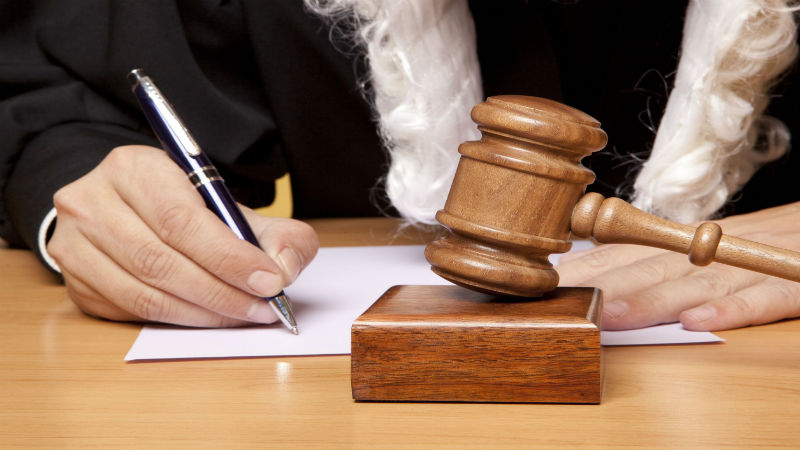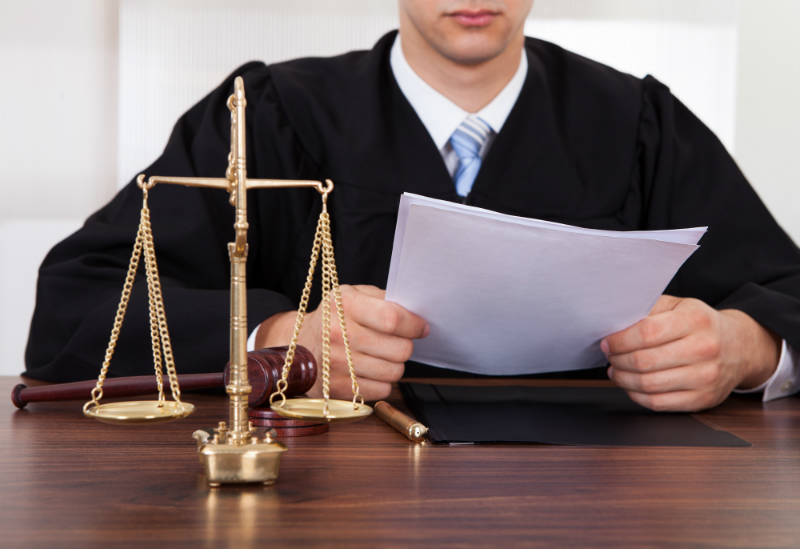When you are fighting a slip and fall case for compensation, it’s never an open and shut case. Your attorney has to prove several things and make the jury or judge believe it in order to win. Here are three of the most important components of the case that your slip and fall lawyer New Jersey professional must prove to have a chance at winning.
The Defendant’s Duty
In order to be successful in a slip and fall injury case, your attorney must prove that the defendant had a duty that they neglected. For instance, if you fall in a grocery store, you will need to prove that the owner of the store had a duty to keep the floors safe from any hazards that could result in an accident. If you are involved in an auto accident case, you have to prove that the other driver neglected their duty to act in a safe and reasonable manner on the roadways in order to get compensation. In the case of a car accident, it’s a little easier because all drivers have a duty to obey the laws and be safe. If you can’t prove that the defendant had a duty that was breached, your case will likely be dismissed before it gets very far.
The Defendant Breached Their Duty
Once you have established that the defendant had a duty, you have to prove that they breached their duty. Did the supermarket not keep the floors safe? Or did they not provide the proper signage when the floors had been recently mopped? Did your local bank neglect to have their sidewalk shoveled and salted following a snowfall in a reasonable amount of time? Was the driver speeding or did they run a stop sign and cause injury to you? These are all examples of breach of duty and it’s essential that you prove the breach in order to build your case successfully against the defendant.
Causation Leading to Injury
The third and final big step to building your case with a slip and fall lawyer New Jersey professional is to prove that the defendant’s breach of duty led directly to your injury. If the driver had a duty to drive safely (which is true of every driver) and their neglect to follow that duty resulted in a collision with you, that’s direct causation. In many cases, you’ll need the expert testimony of a medical professional to explain how the breach of duty directly caused your injuries.


